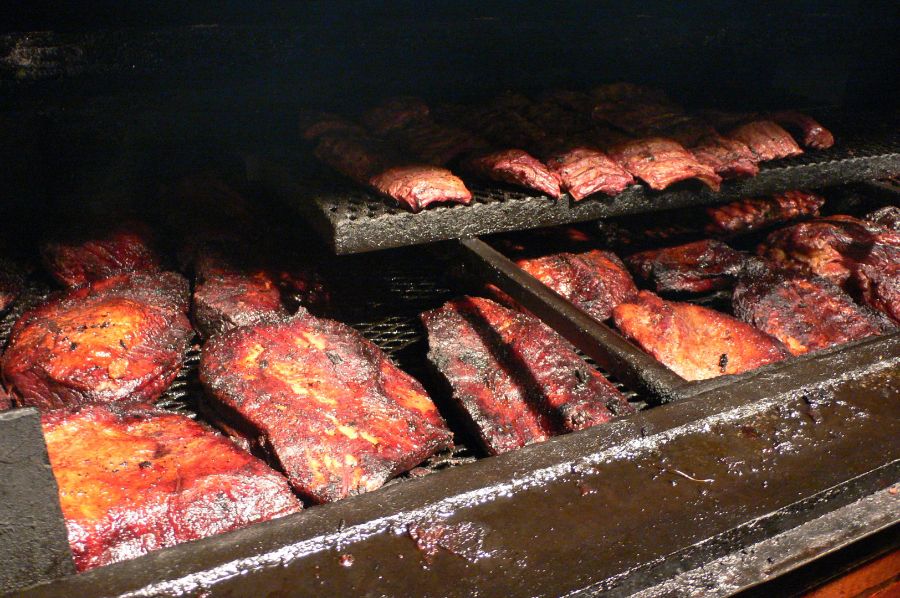South Carolina is often celebrated as the birthplace of American barbecue, with a culinary tradition that dates back to the 1500s. The introduction of pigs by Spanish explorers to the Americas set the stage for a unique barbecue culture that would evolve over centuries. Native American, African, and European influences converged to create a distinctive style of barbecue that is deeply rooted in the state's history and culture.
Key Influences on South Carolina BBQ
Cultural Fusion: The barbecue tradition in South Carolina is a blend of various cultural influences, including:
- Native American Techniques: Indigenous peoples utilized slow-cooking methods and local ingredients.
- African Contributions: Enslaved Africans brought their culinary practices, including seasoning techniques and cooking styles.
- European Settlers: European immigrants, particularly Germans, introduced mustard-based sauces that became a hallmark of South Carolina barbecue.
Community and Tradition: Barbecue in South Carolina is more than just food; it represents community and family gatherings. Historically, barbecue was often prepared for social events, fundraisers, and family reunions, fostering a sense of togetherness.
The Evolution of BBQ Styles
Whole Hog Cooking: Traditionally, South Carolinians cooked whole hogs, a practice that remains popular today. This method reflects the resourcefulness of early cooks who utilized every part of the pig.
Regional Sauces: South Carolina is known for its diverse barbecue sauces, with four main types:
- Mustard-Based Sauce: Predominantly found in the Midlands, this sauce is tangy and slightly sweet.
- Vinegar-Pepper Sauce: Common in the Pee Dee region, this sauce is sharp and spicy.
- Tomato-Based Sauces: Found in the western parts of the state, these sauces vary from thin to thick.
- Rust Gravy: A unique blend of ketchup and mustard, popular in certain areas.
Notable BBQ Figures
Maurice Bessinger: A significant figure in South Carolina barbecue history, Bessinger popularized mustard-based sauces through his chain of Piggie Park restaurants. His controversial actions and strong opinions on race and politics have made him a polarizing figure in the barbecue community.
Local Pitmasters: Many family-run barbecue joints continue to thrive, often passed down through generations. These establishments maintain traditional cooking methods and recipes, contributing to the rich tapestry of South Carolina barbecue culture.
Conclusion
South Carolina barbecue is a vibrant and evolving tradition that reflects the state's history, culture, and community spirit. From its roots in indigenous practices to the modern-day barbecue joints, the story of South Carolina BBQ is one of resilience, creativity, and a deep connection to the land and its people. Whether enjoyed at a family gathering or a local restaurant, South Carolina barbecue remains a cherished culinary heritage.

